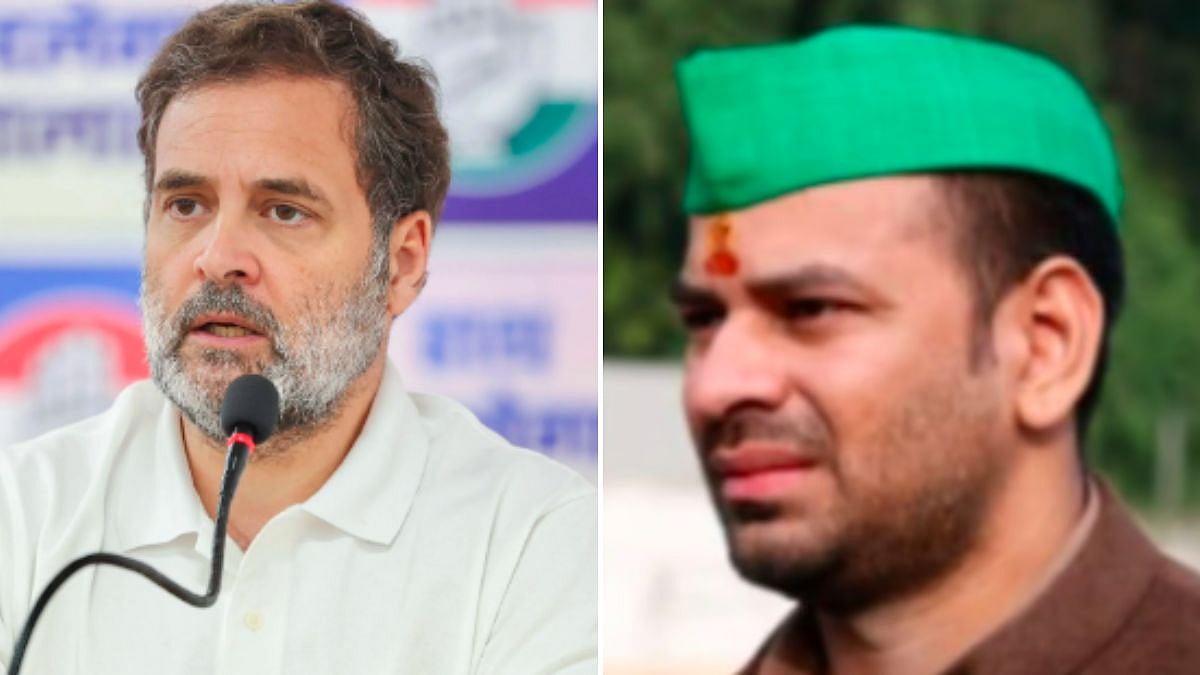The doctors at several hospitals in the city are seeing a significant increase in the number of patients with Obsessive-Compulsive Disorder (OCD). In the five months after COVID-19, the number of patients who are experiencing intrusive and distressing recurring thoughts, urges, or images that can seriously affect daily life, has increased.
The health experts have reported symptoms such as fear of contamination and things not being in order are mainly associated with OCD. Psychiatrists revealed that they used to see three or four OCD patients in a week, but now see at least one a day. Interestingly, general physicians have also noticed the trend.
Psychiatrist Dr Sagar Mundada said that for the last two years, a 35-year-old man suffered from a rare obsessive-compulsive disorder where he feared odd numbers could lead to an untoward incident in his family life.
"When I first saw this patient, I was stunned to hear the symptoms of his fear of odd numbers. When I was counselling him, he told me those odd numbers haunt him due to the fact that he doesn’t do any work on odd days, numbers, or times. It has been three to four months since I have been treating him with Congenital Behaviour Therapy (CPT) and medicine."
Dr Mundada said, "There are several types of OCD which include contamination, checking, asymmetric, and blasphemy (bad thoughts related to God). Moreover, we have noticed a surge in panic attacks, phobias, and OCD (Obsessive Compulsive Disorders) in recent times where people who earlier suffered from these disorders are coming back along with a steady increase in new cases."
One physician who practises in a clinic at Dadar said he treated a patient who checked his blood saturation level every 10-15 minutes. The patient dreaded catching COVID-19 and had not slept for many days.
Another patient washed his hands so many times that their skin was peeling off, "the physician said. "It is the anxiety of catching the infection that is driving people to be obsessive about cleanliness."
Over the past two years, a psychiatrist at civic and state-run hospitals has received calls from patients with Obsessive-Compulsive Disorder (OCD).
"Although they were doing just fine, the coronavirus outbreak led to a relapse. For many living with OCD-related fear of germs and other contaminants, the pandemic has exacerbated their panic and is leading to excessive precautions," said a doctor.
Obsessive-compulsive disorder is a well-known ailment with two parts. According to Consultant Psychiatrist, PD Hinduja Hospital and MRC Dr Vasant Mudra, obsessions are thoughts, words, images, or ideas that enter our brain against our will repeatedly and cause anxiety.
Compulsions are actions that our brain takes to get rid of the anxiety associated with these thoughts. There are numerous examples of people who may be afraid that their hands are dirty, that they can cause illness, or that their hands can harm someone else.
Compulsions are actions to somehow get rid of this by washing my hands repeatedly. What if they get dirty again, or the soap gets dirty, or the tap gets dirty, and so on?
"A range of such thoughts are there, whether they are about God, sexuality, murdering someone, spoiling something, losing something, and actions to cut these thoughts. It's an ailment for which a lot of hard work is required to recover. There are medications to help reduce anxiety and therapy to help with stopping the responses to these thoughts. The most important part is to be able to train the mind to not believe in these thoughts and to not take action to stop the thoughts. That is the nature of treatment," he said.
In many cases, Cognitive Behavioural Therapy (CBT) remains the treatment of choice. It involves helping the patient explore alternative ways of thinking and challenging their beliefs through behavioural exercises. "For moderate to severe cases, medication helps. The good part is that now there are newer medications available on the market that are not habit-forming or sleep-inducing and help straighten your thoughts," said a psychiatrist.








